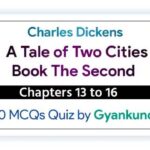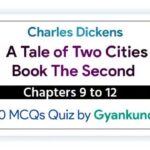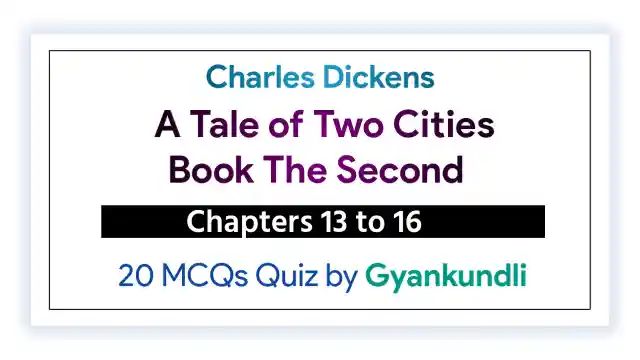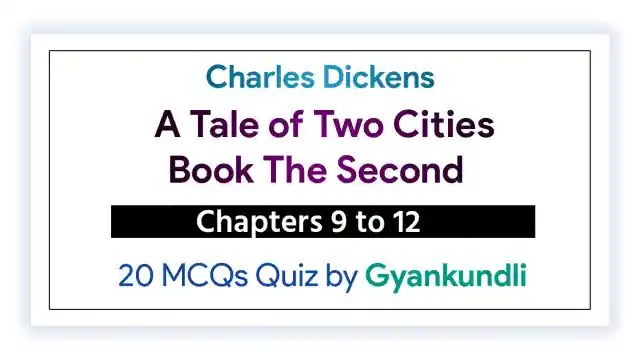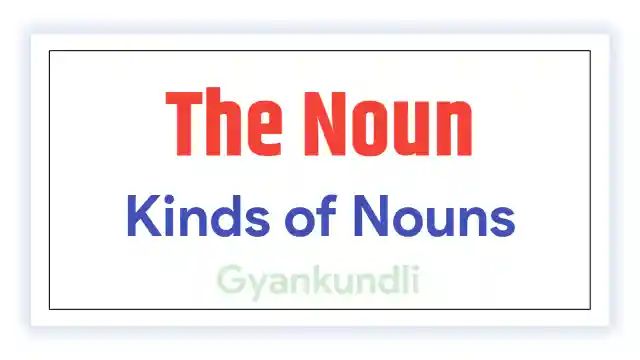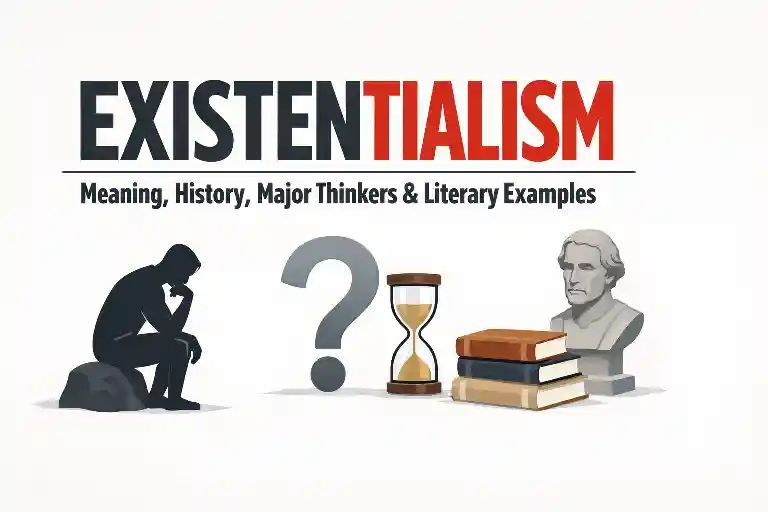To His Coy Mistress MCQ Quiz : Andrew Marvell (1621–1678) was one of the finest Metaphysical poets of the seventeenth century. Born in Yorkshire, England, he studied at Trinity College, Cambridge. Marvell’s poetry is known for its wit, intellectual depth, and blend of passion with reason. He was also a satirist and politician, serving as a Member of Parliament. His major works include The Garden, The Definition of Love, and To His Coy Mistress. Though most of his poems were published after his death, they continue to be admired for their philosophical tone and imaginative power.
About the Poem To His Coy Mistress
“To His Coy Mistress” is one of Marvell’s most famous poems. It belongs to the carpe diem tradition, which means “seize the day.” The poem presents a passionate argument by a lover who tries to persuade his shy mistress to make love to him before time and death destroy youth and beauty. The poem moves through three stages: first, the speaker imagines a world with endless time for love; second, he reminds the lady of the shortness of life; and finally, he urges her to enjoy the present moment.
Marvell skillfully combines romantic flattery with realistic awareness of mortality. His tone changes from gentle admiration to urgent persuasion, creating a balance between love and the fear of time. The imagery of rivers, deserts, worms, and the “iron gates of life” adds vividness and emotional force to the argument.
Text of To His Coy Mistress
Had we but world enough and time,
This coyness, lady, were no crime.
We would sit down, and think which way
To walk, and pass our long love’s day.
Thou by the Indian Ganges’ side
Shouldst rubies find; I by the tide
Of Humber would complain. I would
Love you ten years before the flood,
And you should, if you please, refuse
Till the conversion of the Jews.
My vegetable love should grow
Vaster than empires and more slow;
An hundred years should go to praise
Thine eyes, and on thy forehead gaze;
Two hundred to adore each breast,
But thirty thousand to the rest;
An age at least to every part,
And the last age should show your heart.
For, lady, you deserve this state,
Nor would I love at lower rate.
But at my back I always hear
Time’s wingèd chariot hurrying near;
And yonder all before us lie
Deserts of vast eternity.
Thy beauty shall no more be found;
Nor, in thy marble vault, shall sound
My echoing song; then worms shall try
That long-preserved virginity,
And your quaint honour turn to dust,
And into ashes all my lust;
The grave’s a fine and private place,
But none, I think, do there embrace.
Now therefore, while the youthful hue
Sits on thy skin like morning dew,
And while thy willing soul transpires
At every pore with instant fires,
Now let us sport us while we may,
And now, like amorous birds of prey,
Rather at once our time devour
Than languish in his slow-chapped power.
Let us roll all our strength and all
Our sweetness up into one ball,
And tear our pleasures with rough strife
Through the iron gates of life:
Thus, though we cannot make our sun
Stand still, yet we will make him run.
Meter and Rhyme Scheme
The poem is written in iambic tetrameter, which means each line has four iambic feet—an unstressed syllable followed by a stressed one. This steady rhythm gives the poem a conversational and flowing tone. For example:
Had we but world enough and time,
Each line moves smoothly, reflecting the speaker’s persuasive speech.
The rhyme scheme follows a pattern of rhyming couplets (AABBCCDD…). Each pair of lines rhymes with each other, giving a musical quality and enhancing the sense of order and logic in the lover’s argument.
Critical View
The poem expresses the conflict between desire and death, body and soul, time and eternity. Marvell uses wit and irony to present love not only as physical passion but also as a response to the fleeting nature of life. The poem’s famous closing lines — “Thus, though we cannot make our sun / Stand still, yet we will make him run” — beautifully sum up its theme: we cannot stop time, but through love and passion, we can make the most of it.
To His Coy Mistress MCQ Quiz
Discover more from Gyankundli
Subscribe to get the latest posts sent to your email.

